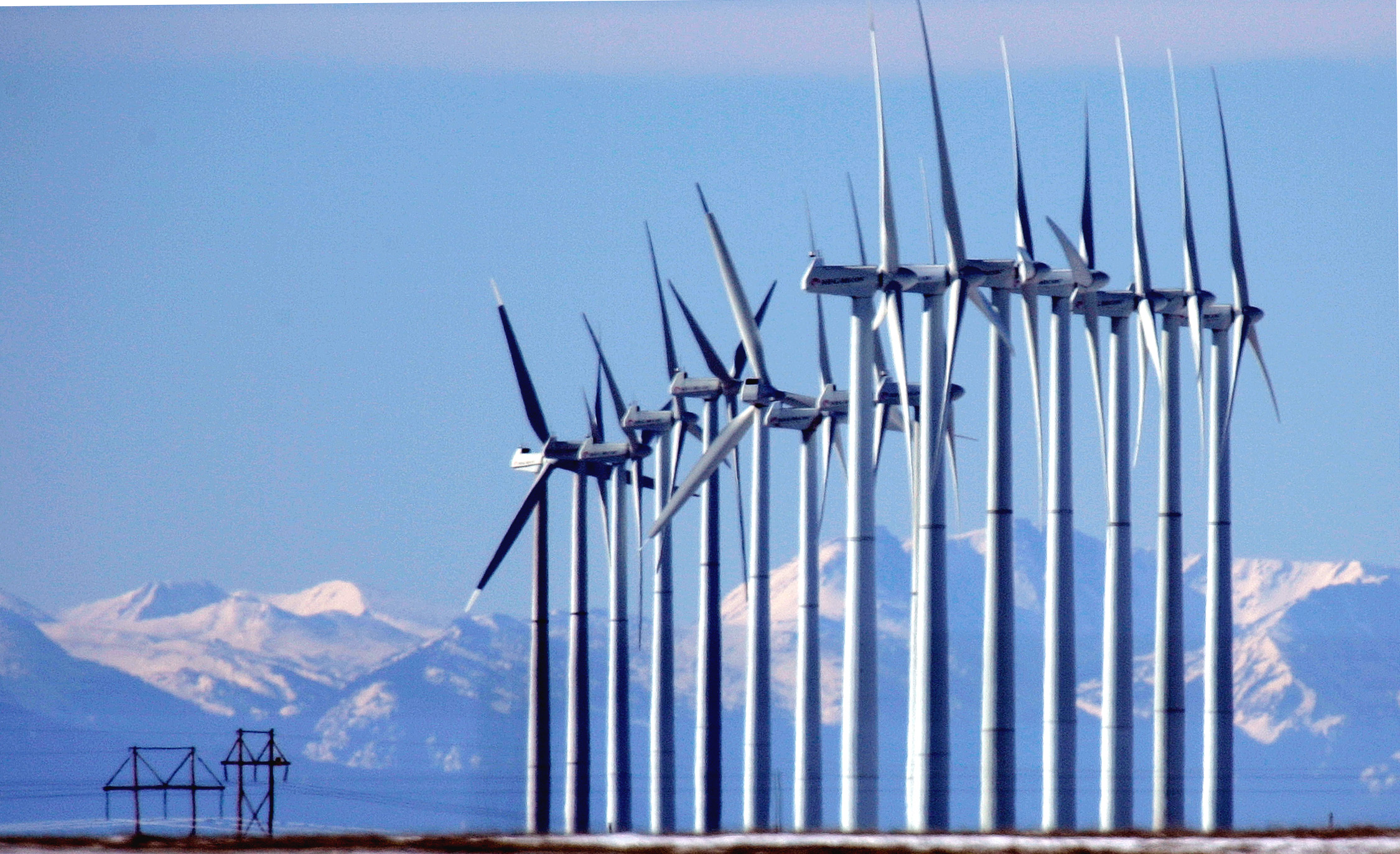
NREL is working to raise renewable energy to the next level
Where do things stand on renewable energy technologies? Martin Keller is the director of NREL and president of the Alliance for Sustainable Energy. That’s the company that operates NREL for the U.S. Department of Energy.

By Ali Budner
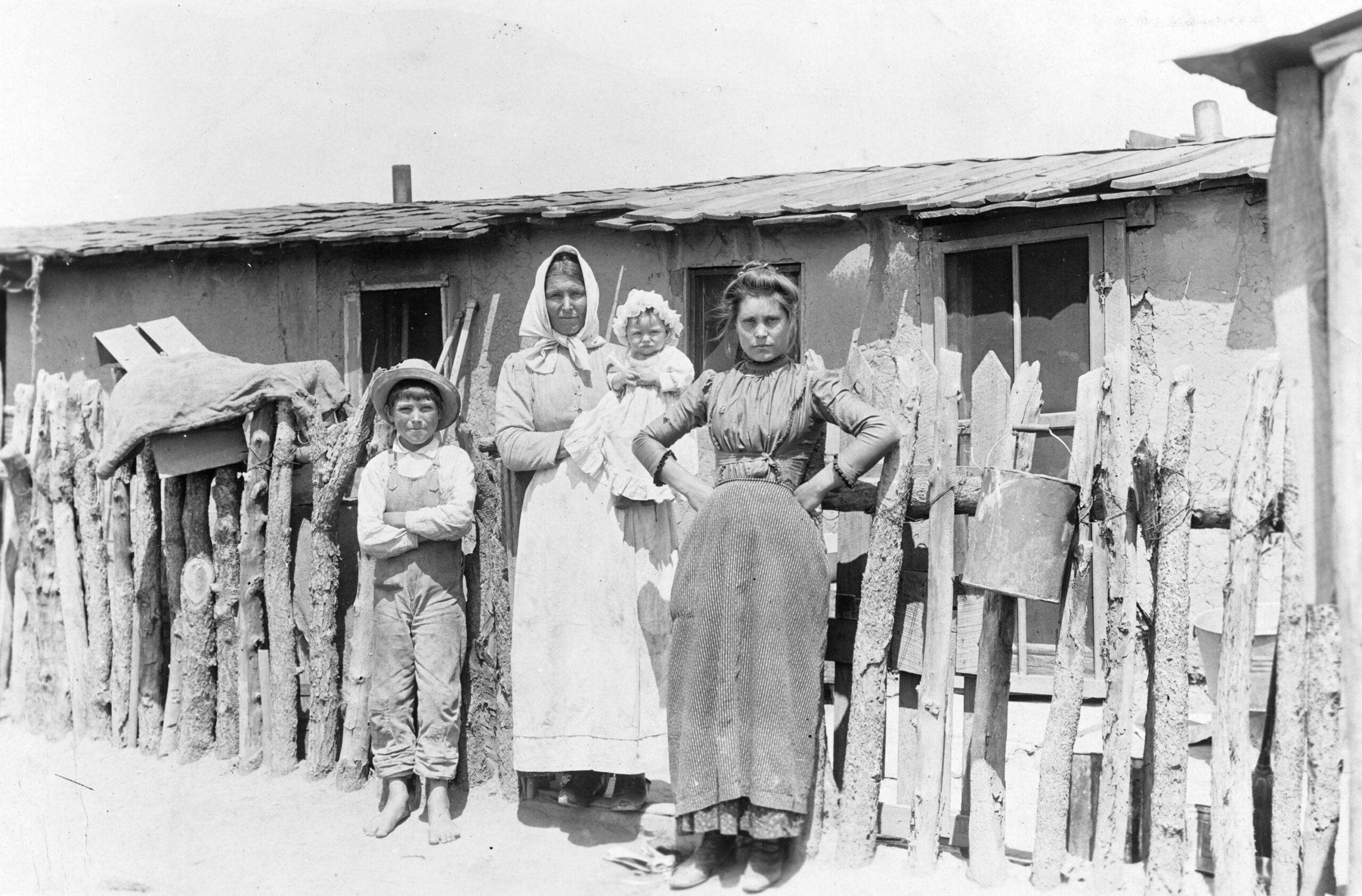
New History Colorado Exhibit Chronicles The Santa Fe Trail
This year marks the 200th anniversary of The Santa Fe Trail as a major commercial route across the Great Plains. It stretched more than 800 miles between the Missouri River and Santa Fe, New Mexico. Bent’s Fort near La Junta in Southeastern Colorado was an important stop along the trail. It’s now a National Historic Site.
A new History Colorado exhibit at the Trinidad History Museum shares stories of Indigenous people and some of the lesser known women who influenced the trade routes and the communities along the trail.

By Ali Budner
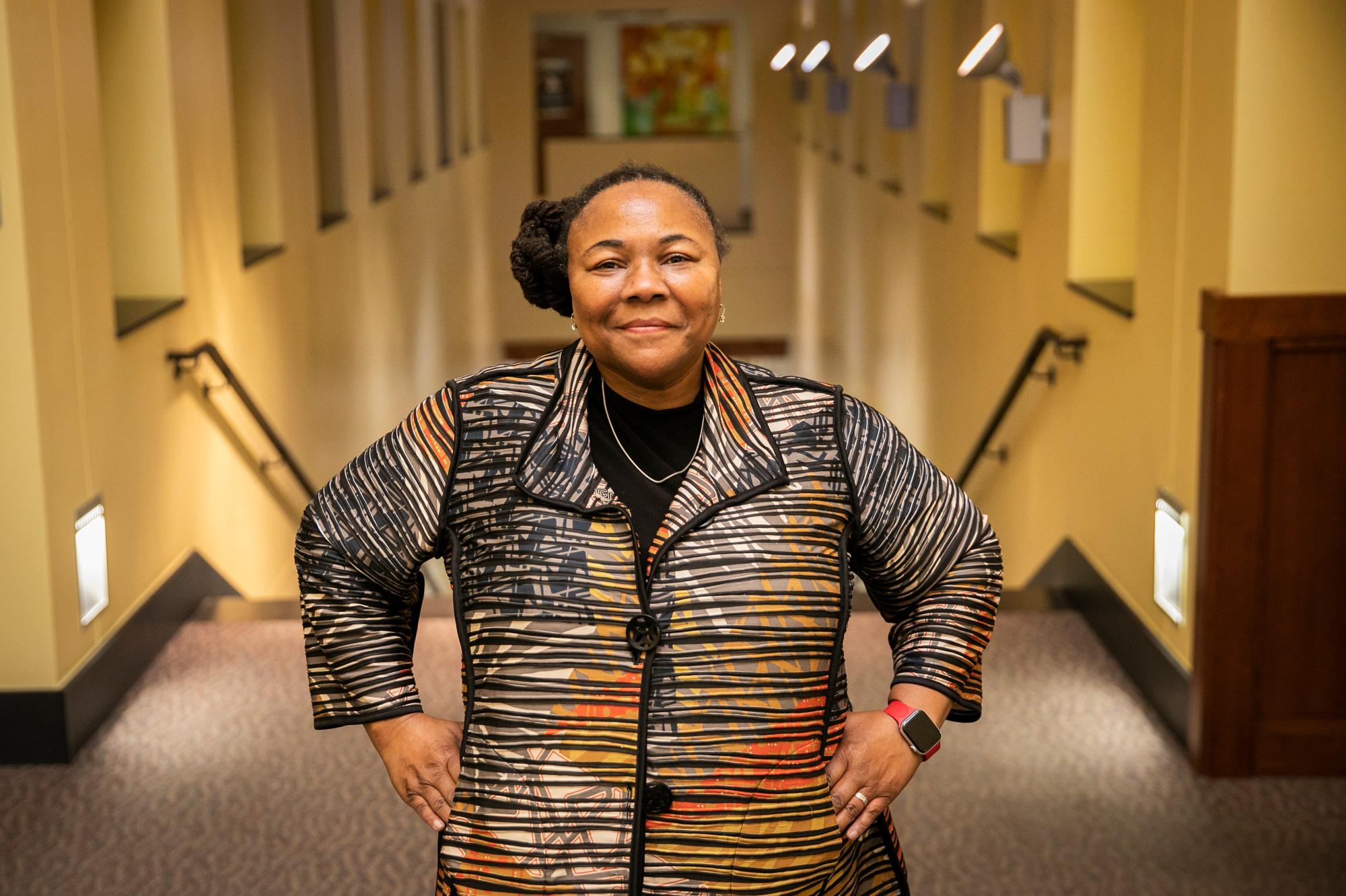
Colorado Law’s First Black Dean On The Legal System, Representation And Critical Thinking
Lolita Buckner Inniss has experience as a prosecutor and a defense attorney. She’s also a legal scholar and professor with expertise in property law, legal history, legal geography, feminist theory and critical race theory.

By Ali Budner
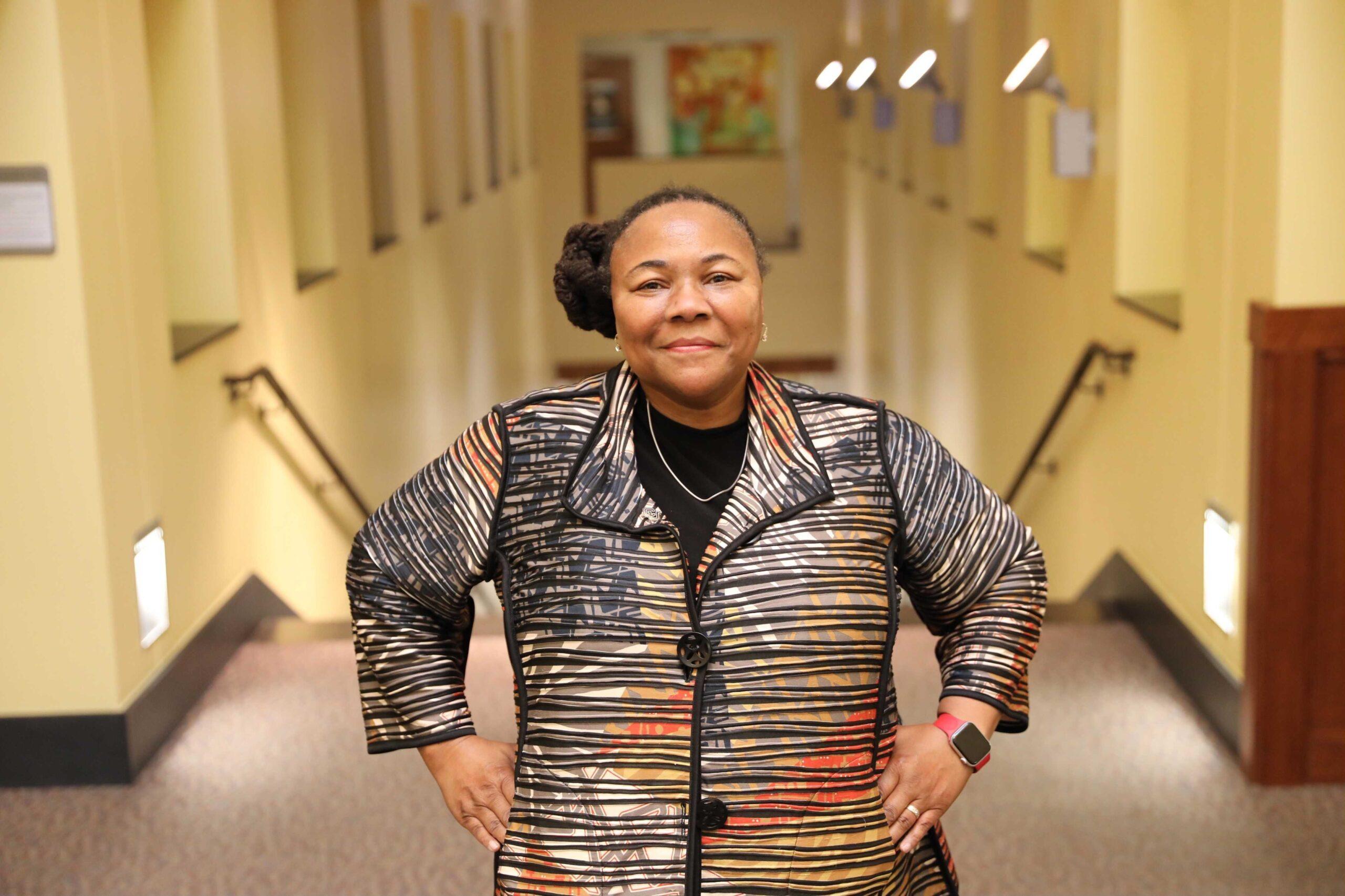
From Feminist Legal Theory To Critical Race Theory, A Conversation With CU Law School Dean Lolita Buckner Inniss
She’s the first Black dean of the University of Colorado’s law school. And Lolita Buckner Inniss is only the second woman in that job, which she began in July. Inniss brings expertise in legal history, feminist legal theory, and critical race theory. We talked about her career path and how the law is around us every day.

By Ali Budner
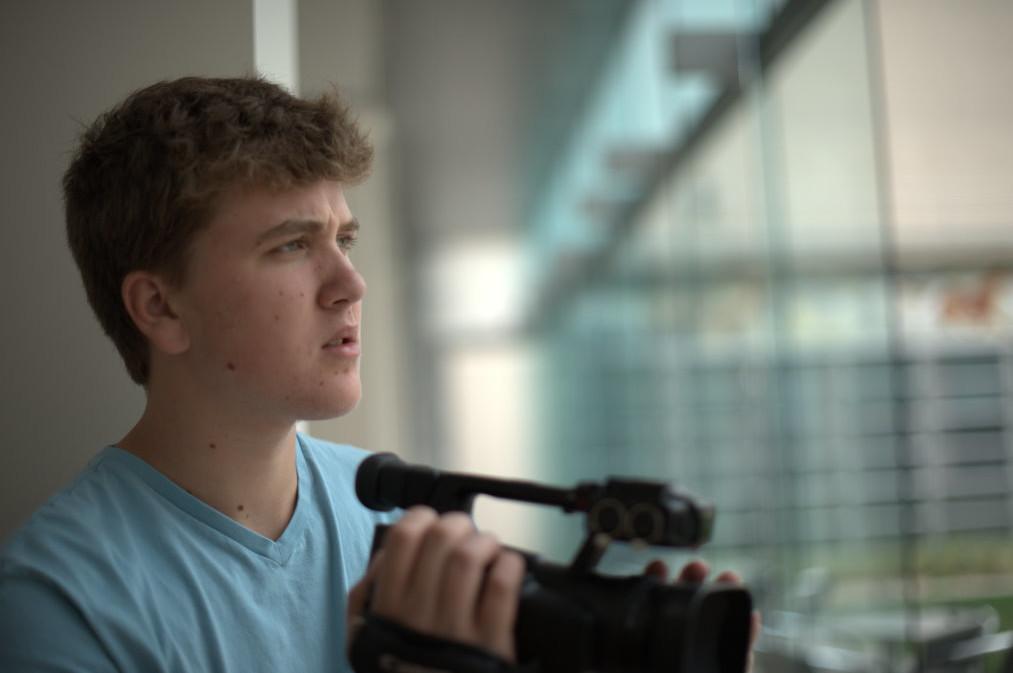
Youth Documentaries At The Heart Of ‘Our Time’ PBS Series
The new PBS series, “Our Time,” features the films made by students at the Colorado Springs-based Youth Documentary Academy. The series premieres tonight (Thursday, September 16, 2021) at 7:00 pm on Rocky Mountain PBS. It includes the documentary, “After War,” made by Bailey Francisco. He won the Young Filmmaker Award in the 2021 Short Circuit Film Festival. He spoke with Avery Lill in April.

By Ali Budner
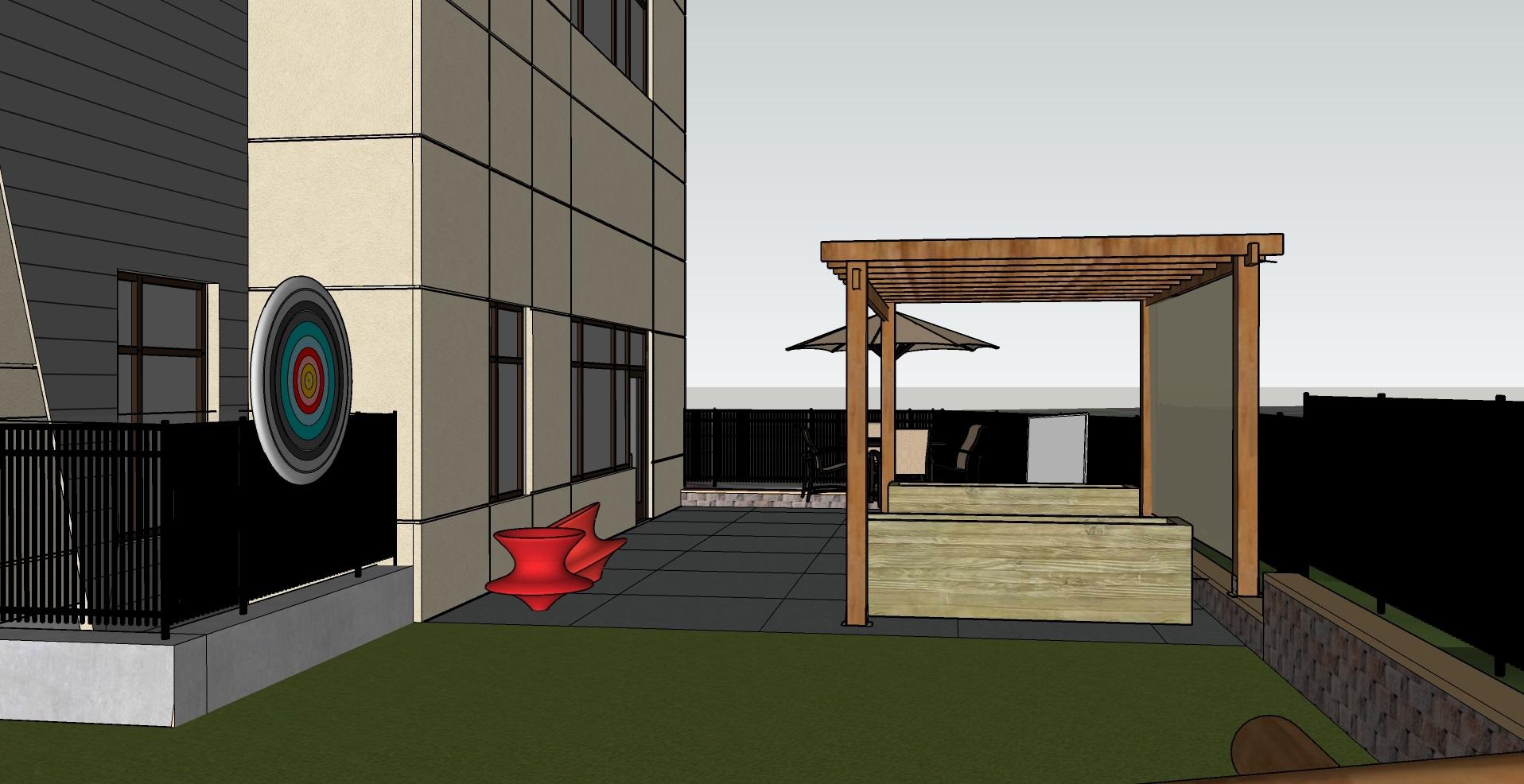
Helping Children Navigate Grief and Understand Death
Children grieve differently than adults. Sue Farnsworth is a counselor with Footprints, which works with 3-to-17 year olds whose loved ones are in Hospice care or who’ve recently died. She says “kids are touch and go. They can think about sad things, then go play and have fun.” That’s partly why Denver Hospice has designed a new outdoor space for play and art therapy. It made us want to have a conversation about how young people experience loss, as the pandemic adds an additional layer of grief.

By Ali Budner
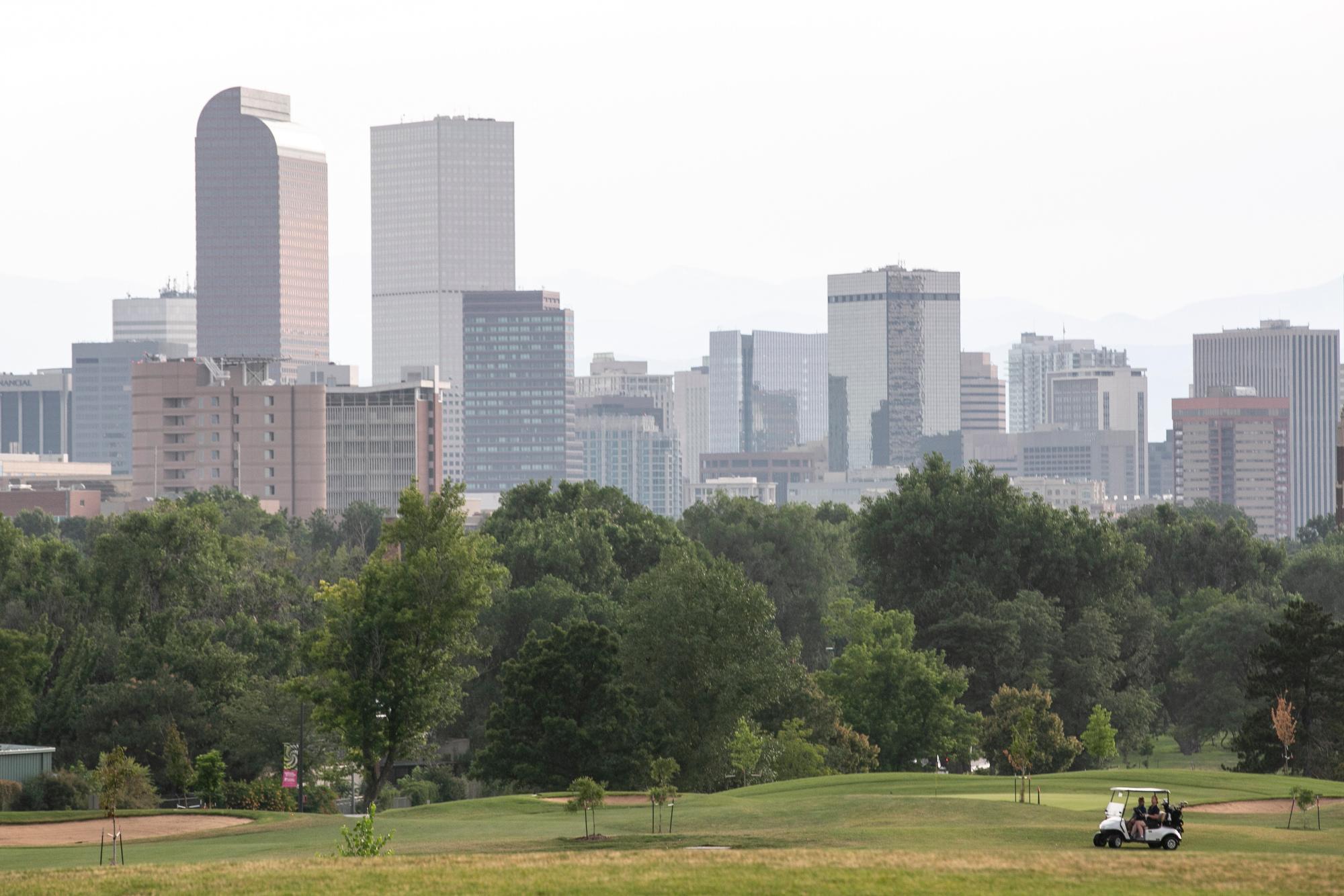
What Trees Say About Neighborhood Health And Equity
Money might not grow on trees. But “trees grow on money,” says Chris David. He’s with the nonprofit American Forests and helped create a new “Tree Equity Score.” The online tool assesses communities on their canopies– down to the neighborhood. Metro Denver’s in there. Grand Junction. Colorado Springs. Pueblo. And how verdant a place is– is related to health, crime, and wealth. Chris David says U.S. cities are about half a billion trees short.

By Ali Budner
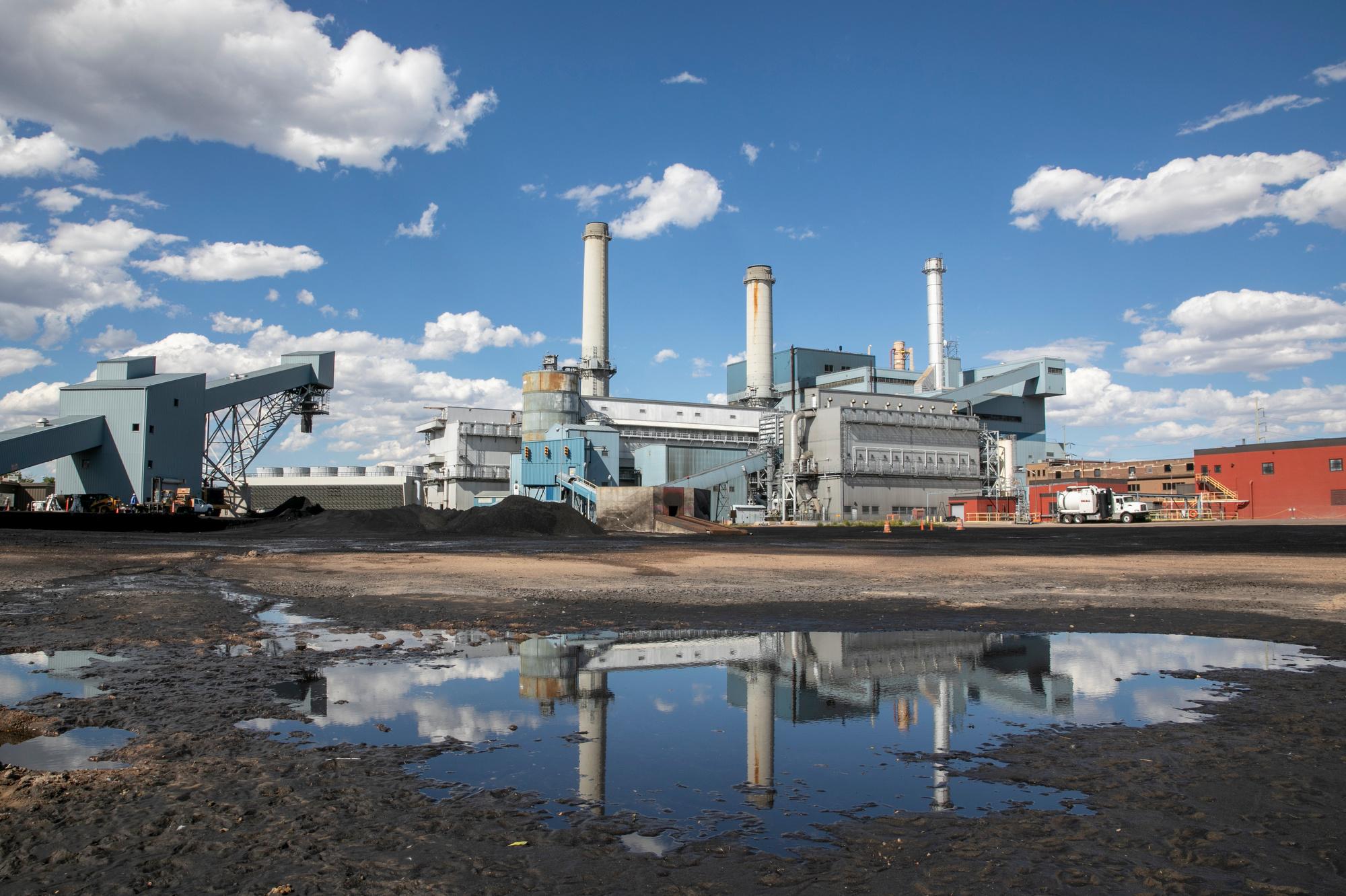
The End Of An Era: The Martin Drake Coal Plant In Colorado Springs Burns Coal No Longer
Colorado Springs Utilities provides electricity to nearly 240,000 homes and businesses, using a variety of energy sources, from natural gas, to solar, wind, hydro, and for at least a few more years, coal. But sweeping up the last of the coal pile at Martin Drake signals the beginning of a monumental shift for power generation in the Pikes Peak region.

By Ali Budner
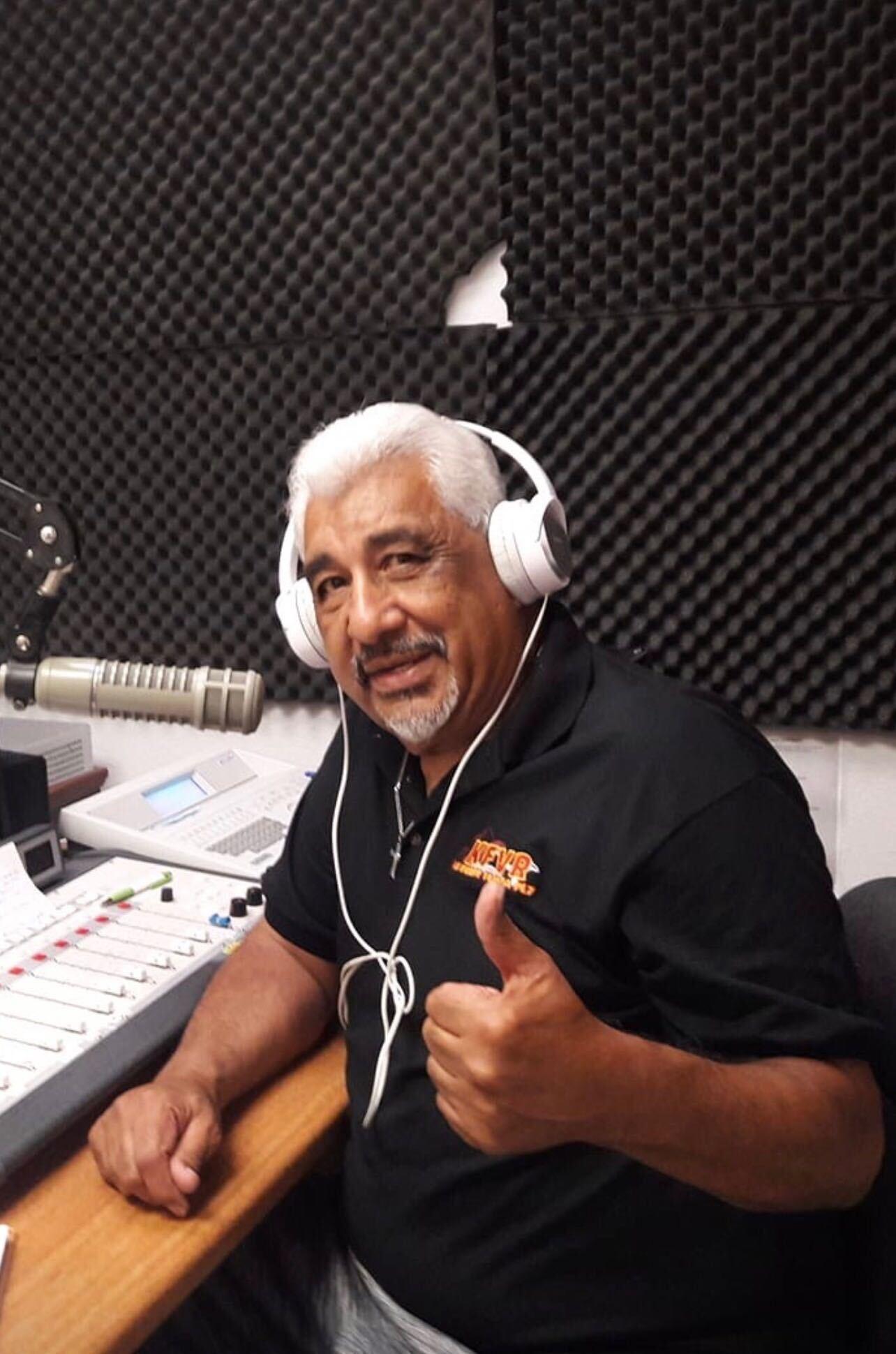
Luis Ibarra’s Legacy Of Tejano Music, Family, And Community
He was a champion of Tejano music in southern Colorado, but Luis Ibarra was so much more than that. A father, grandfather, great-grandfather, and Vietnam veteran who loved his community. His daughter, Angela Louise, shares memories of Ibarra, who died from complications of COVID-19 earlier this year.

By Ali Budner
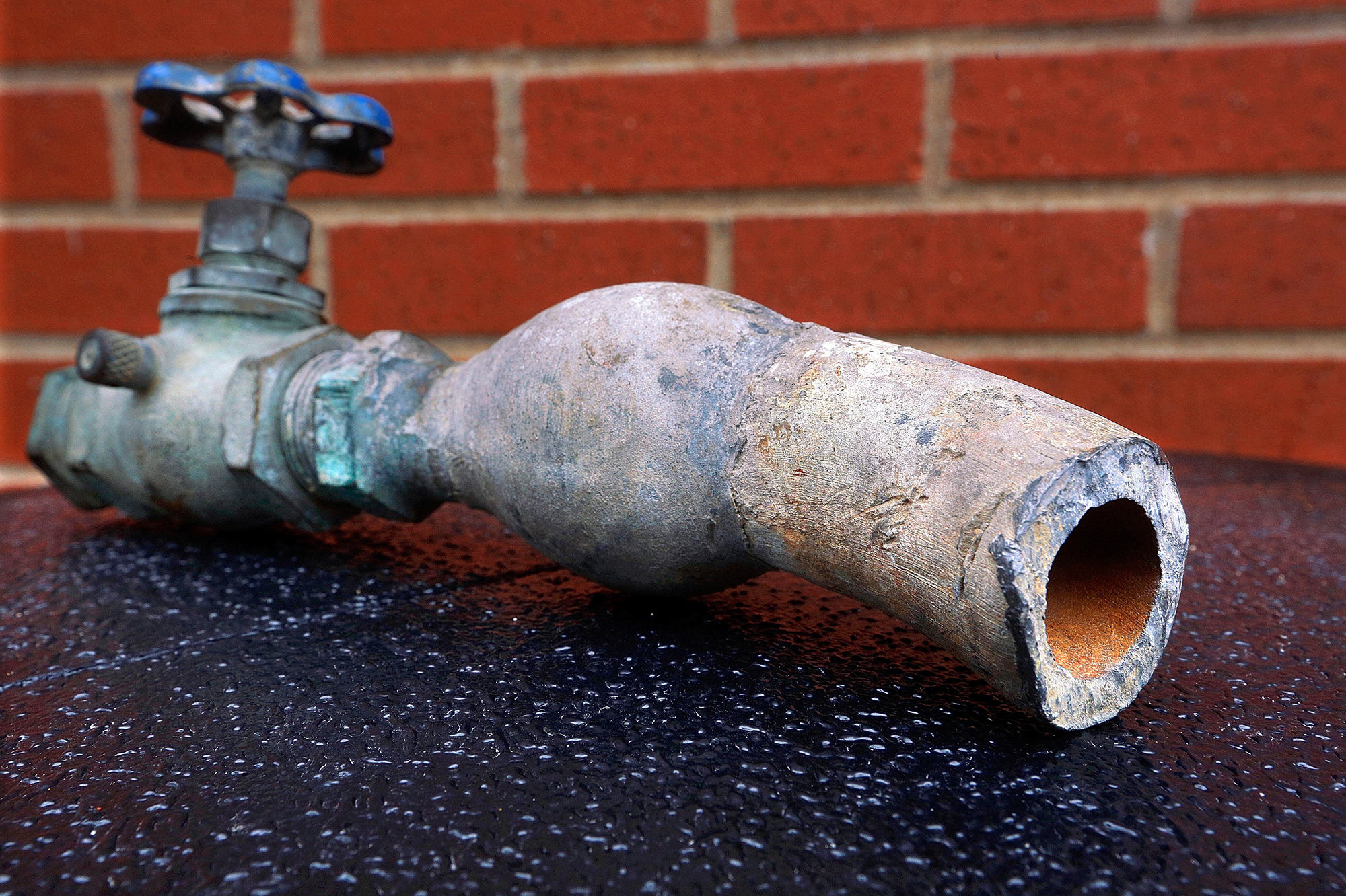
Working To Get The Lead Out Of Drinking Water Pipes
According to a recent survey by the National Resources Defense Council, there are nearly 65 thousand lead pipes that carry drinking water to homes across Colorado. Erik Olson’s been fighting for clean drinking water for more than three decades — going all the way back to the EPA under the Reagan administration. He’s currently the senior strategic director for NRDC’s health team.

By Ali Budner
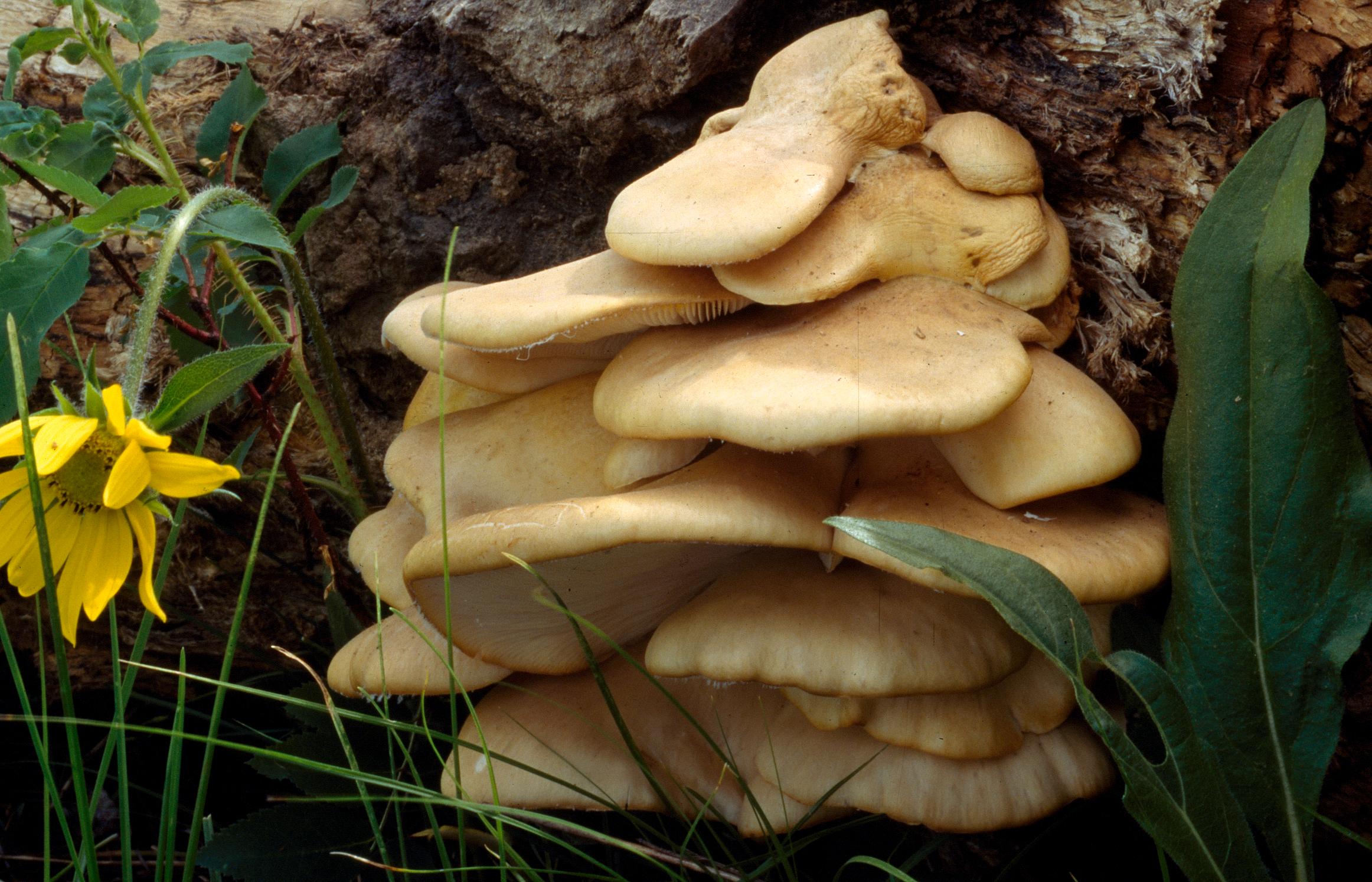
Foragers Focus On Fungi For Festival In Telluride
Mushroom enthusiasts all over the country will descend upon Telluride next week for the Mushroom Festival. This has been a particularly good year in many parts of the country for mushroom growth.

By Ali Budner

Camping’s Influence On Culture And Community
Coloradans pack their tents and head to the hills during the summer, but a University of Colorado historian says camping isn’t just about recreation. Protesters sometimes use it as a way to stake out territory and force change, and those without permanent housing sometimes use makeshift camps for shelter. Phoebe Young is an associate professor of history at CU Boulder and the author of “Camping Grounds, Public Nature in American Life from the Civil War to the Occupy Movement.” She spoke with Avery Lill in May.

By Ali Budner

Colorado’s Taekwondo Gold Medalist Doubled Down on Training During the Pandemic
She’s the first American woman in Olympic history to win gold in Taekwondo. 18-year-old Anastasija Zolotic lives and trains in Colorado Springs. We reached her in Bosnia, where she’s visiting family after her victory in Tokyo.

By Ali Budner
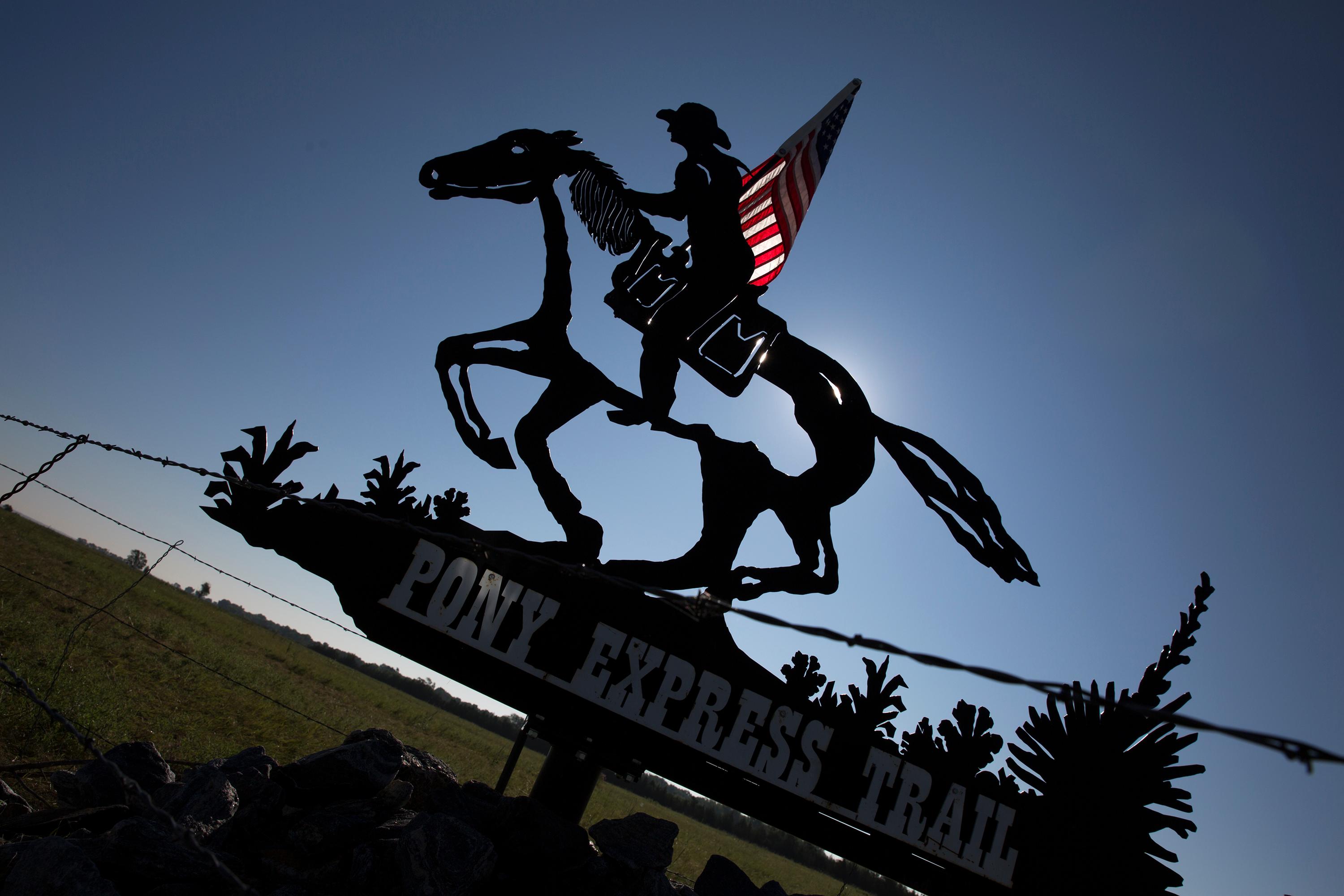
‘Paper Trails’ Explores How The U.S. Postal Service Helped Shape The American West
There’s a lot of talk about infrastructure these days and whether Washington should fund a major investment. We’re going to look back, at one of this country’s biggest infrastructure roll-outs: the westward expansion of the Postal Service in the late 1800s. Interesting fact: at one point, the USPS had double the locations it has today. In his new book, “Paper Trails: The US Post And The Making Of The American West.” CU Denver historian Cameron Blevins writes that this rapid and far-reaching expansion also “facilitated a larger process of colonization” as “the US Post helped accelerate the seizure of Native territory.”

By Ali Budner

A Colorado Olympian: Broomfield’s Colin Duffy Is One of Team USA’s Youngest Athletes And He’s Competing In A New Sport
Colin Duffy will compete at the Olympics at just 17 years of age. He says that when he’s “in the zone,” it feels like he’s defying gravity.

By Ali Budner

Olympian Colin Duffy Of Broomfield Is Ready To Climb To Gold
17 year old Colin Duffy, of Broomfield, is the youngest member of the inaugural U.S. climbing team. Sport climbing is one of six new sports at the Tokyo Games.

By Ali Budner
